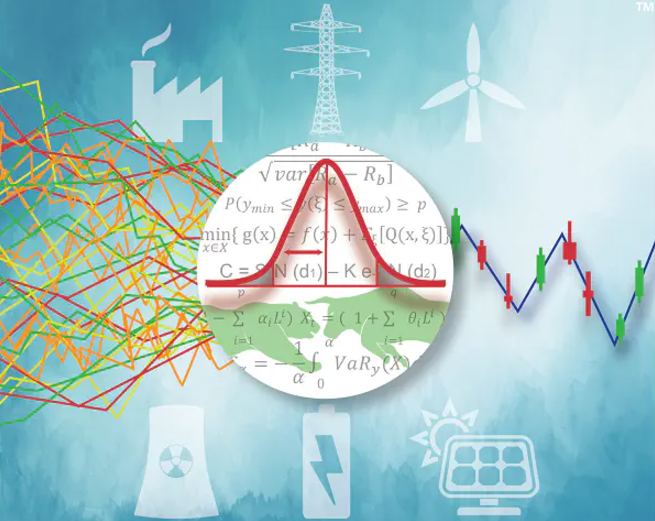Application of Banking Scoring and Rating for Coherent Risk Measures in Electricity Systems
This project is a collaboration between MIT and Lehigh University to include fundamental risk tools from economics to balance uncertain supply and demand in the electricity sector and improve adoption of renewable energy sources. This critical infrastructure sector virtually affects everybody in the US, and is a cornerstone of the efforts to make a transition to a low carbon economy.
Traditionally, the grid relies on conventional bulk power plants to provide the flexibility to operate power systems reliably. These assets can guarantee available capacity except in rare events. The existing risk management strategy protects against those rare events and aligns well with conventional technologies. New risk management strategies are needed due to the shift in grid resources: variable renewable resources, distributed energy resources, and storage technologies. Management systems must be able to leverage all capabilities of these new technologies to maintain an economical and reliable grid. PERFORM projects aim to address that need by developing methods to quantify and manage risk at the asset and system levels for the grid.
Sponsor: ARPA-E

